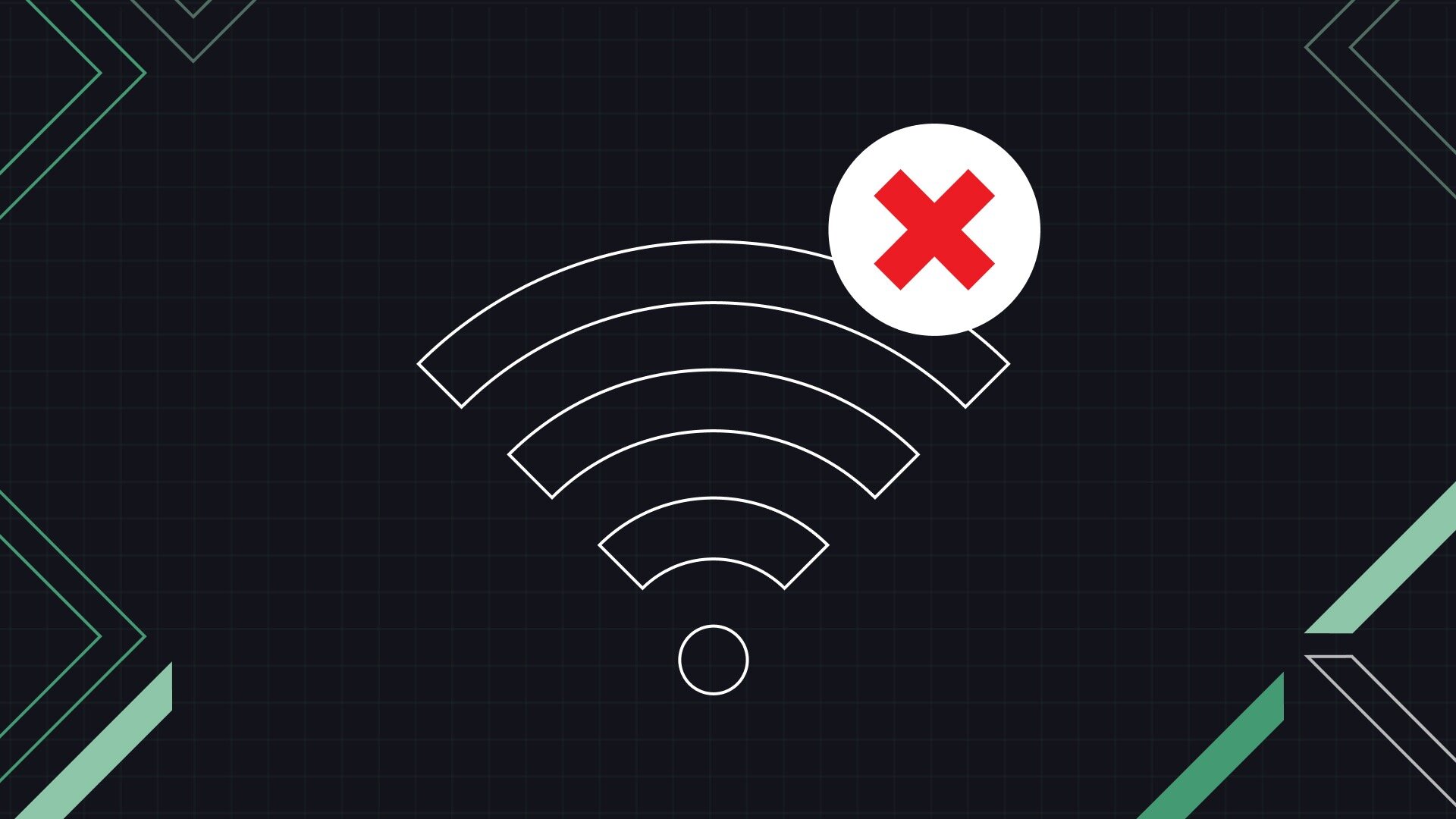How internet shutdowns have become a tool for political control
By Saba Omran
In this weeks blog I will be discussing how technology is contributing to the oppression and silence of the population, in the form of internet shutdowns. The current Sudan war has fueled my interest in the topic, and internet shutdowns were a big part the Mahsa Amini protests in Iran last year 2022 saw the record number of internet shutdowns throughout the world, indicating that they are increasing and becoming a government tool to control and suppress populations. What’s fueling this increase in governmental internet shutdowns? And are they working?
Internet shutdowns seem to increase when a country is going through turmoil, such as conflict and political instability. Iran is a recent example of when an internet shutdown was implemented to suppress a population. The 2022 Iranian revolution was a massive anti-government protest the death of Mahsa Amini, a 22-year-old woman who died after being detained by the Iranian morality police. Amini's death led to one of the largest national protests Iran had seen since their revolution, and the internet was used to mobilise these protests. This led to the Iranian government shutting down mobile internet service to suppress their population.
Iran has a history of restricting and blocking access to the internet for its citizens, such as n November 2019, for example, the Iranian government implemented a near-total internet shutdown in response to widespread protests fuel price increases. The shutdown lasted for several days and was intended to prevent protesters from communicating and organizing online. Similarly, in January 2018, the Iranian government blocked access to popular social media platforms, including Instagram and Telegram, during a wave of anti-government protests. The government claimed that these platforms were being used to incite violence and spread misinformation.
These examples tie in well with the protest over the death of Mahsa Amini, and whilst these internet shutdowns can be effective in achieving what they are intended to, such as suppress a population, they violate human rights, and leave a population feeling isolated and powerless, which can lead to further unrest and instability. We are also seeing an increase in internet shutdowns in Sudan, which is currently facing a civil war. The situation in Sudan is different, as the internet shutdowns can be blamed on power outages, due to the fighting between the Sudanese armed forces, led by General Abdel Fattah al Burhan, and the Rapid Support forces, led by general Mohamed Hamdan Dagalo.
So how should citizens respond to government shutdowns? Should the protection of internet access be integrally linked to freedoms of expressions and be crucial in democracy?
The issue of internet shutdowns goes beyond human rights and democracy. Internet shutdowns affect economies and people's livelihoods. Businesses who run on the internet struggle to survive, and loneliness increases as people cannot easily contact loved ones abroad. Furthermore, the goal that governments are trying to achieve, of suppressing a people, may work short term, as they restrict the sharing of anti- government videos and events. However what governments don’t take into consideration with internet shutdowns is that they often have a consequence on preventing peaceful protests, as they cause a population to act in more desperate ways which tend to me more violent. This undermines the justification of internet shutdowns being used to impose national security, as it seems to often create a bigger uproar in a country, as it causes unrest and distrust between the government and the population.
Overall, whilst there may be a legitimate argument for internet shutdowns in certain situations, such as halting the spread of it is clear that they cause more unrest in states, which has been shows throughout the years in Iran, as well as Sudan. It will be interesting to see how the current internet shutdowns in Sudan will fuel the current civil war going on.


